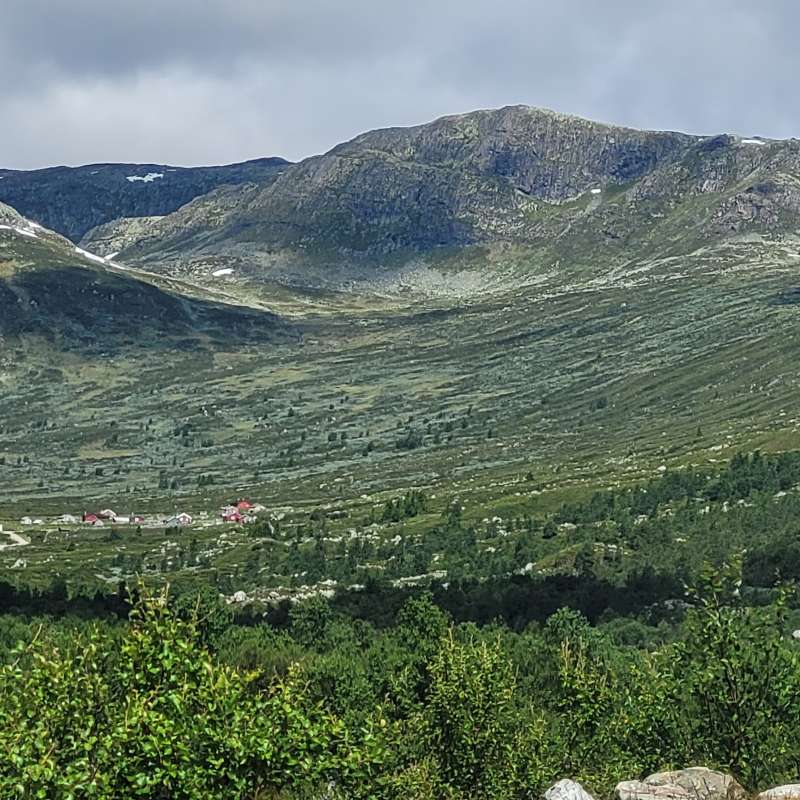Sebastian Eiter
Research Professor
(+47) 974 81 109
sebastian.eiter@nibio.no
Place
Ås O43
Visiting address
Oluf Thesens vei 43, 1433 Ås
Biography
Dr Sebastian Eiter is a geographer and landscape ecologist. His research topics include driving forces and consequences of agricultural landscape change, cultural heritage, biodiversity, public participation and urban agriculture.
Abstract
NORSØK og NIBIO har gjennom flere år brukt det globale verktøyet SMART Farm til å analysere bærekraft på en rekke norske gårder i ulike forskningsprosjekt. En grundig sammenligning mellom SMART Farm og KSL viste stor grad av overlapp (Eiter m.fl. 2025) på mange områder innen blant annet dyrevelferd, helse, miljø og sikkerhet, produktkvalitet, bruk og håndtering av gjødsel og plantevernmidler, kildesortering og håndtering av avfall. Bøndene som driver i henhold til KSL oppnår derfor gode resultater innen disse områdene. Samsvaret mellom de to systemene bekrefter den høye graden av tillit som norsk matproduksjon har blant forbrukere. SMART Farm inneholder en del viktige indikatorer for bærekraft som ikke fanges opp av KSL. Dette handler i stor grad om sosial og økonomisk bærekraft, som blant annet lønnsomhet, arbeidsmengde, ferie og fritid, rekruttering, økonomisk sikkerhet ved sykdom, bondens dugnadsinnsats i lokalsamfunnet og bondens bidrag til å skape arbeidsplasser.
Authors
Sebastian EiterAbstract
No abstract has been registered
Abstract
No abstract has been registered

